Sleep Apnea 101
Learn more about Sleep Apnea and say goodbye to the hassle and discomfort of a CPAP machine. Start enjoying the benefits of improved sleep today.
Table of Contents
Understanding Sleep Apnea
Diagnosis and Symptoms
Risk Factors and Associated Conditions
Treatment Options and Comparisons
Health Implications and Management
Video explanation
How to Know If You Have Obstructive Sleep Apnea
Learn about the key symptoms and indicators of obstructive sleep apnea. Understand how to identify this common sleep disorder and when to seek treatment. Watch our video to get insights on sleep apnea symptoms and improve your sleep health.
Take control of your sleep
What Is Oral Appliance Therapy?
Oral appliance therapy is an alternative to a CPAP machine for treating sleep apnea. It improves sleep by keeping the airway open, allowing for easy breathing and avoiding interruption of sleep. It’s a more comfortable and convenient option as it’s customized to fit your mouth. Most insurance covers the cost and it takes 3-5 weeks to make the appliance.
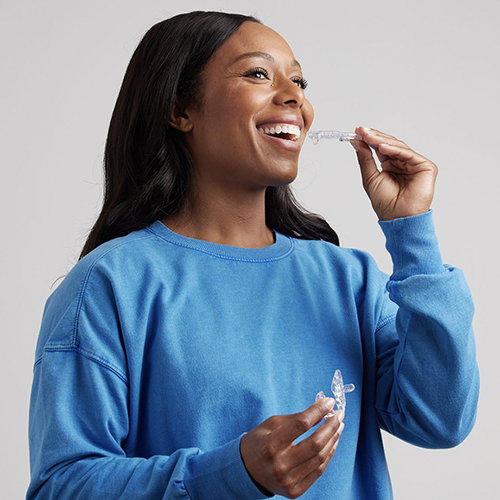 ProSomnus® Sleep and Snore Device
ProSomnus® Sleep and Snore Device
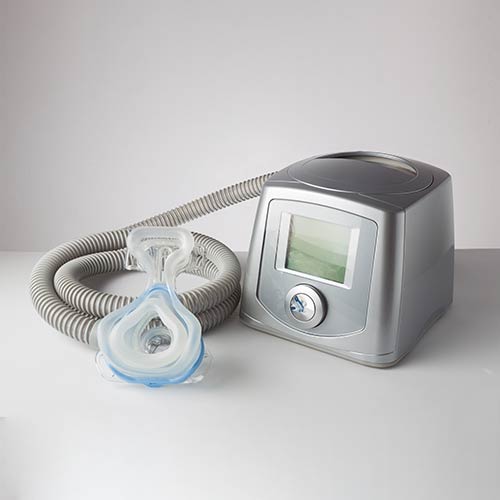
Find out which one is right for you
What Is a CPAP/BiPAP/APAP Machine?
CPAP/BiPAP/APAP are ventilators used to treat sleep apnea. Downsides of using these machines include bulkiness, discomfort due to masks and headgear, and noise from the motor. Oral appliance therapy, or OAT, is an alternative that solves the problems of a ventilator like a CPAP, BiPAP, or APAP machine.
Reduce your risk of sleep apnea
What Are the Risk Factors of Sleep Apnea?
Sleep apnea is a sleep disorder characterized by periodic cessation of breathing. Risk factors for sleep apnea include obesity, nasal congestion, narrower airway, thicker neck circumference, medical conditions (e.g. high blood pressure, type 2 diabetes, heart failure), family history, smoking and alcohol consumptio.
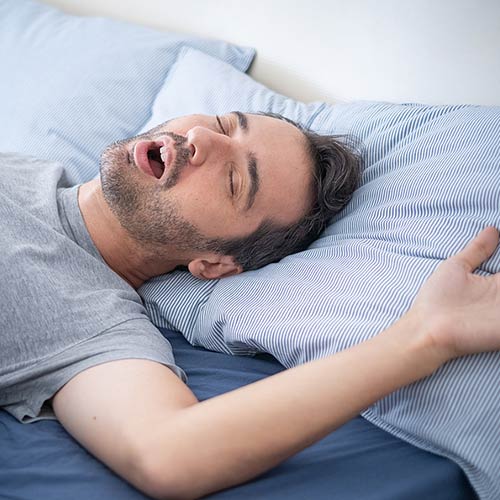

Discover the cause of your sleep apnea
What Causes Sleep Apnea?
Approximately 15 million Americans suffer from sleep apnea, with 50% of those with obstructive sleep apnea being also obese. There are three types of sleep apnea, including Obstructive Sleep Apnea (caused by airway obstruction), Central Sleep Apnea (caused by brain not sending proper signals to muscles controlling breathing), and Complex Sleep Apnea (a combination of both).
Treat your sleep apnea with OAT
How Is Sleep Apnea Treated?
Treatments for sleep apnea include oral appliance therapy (OAT) and ventilators such as CPAP, BiPAP, and APAP machines. OAT is similar to a retainer that repositions the jaw to prevent airway obstruction. OAT is a better option than CPAP due to its quiet, compact and comfortable design compared to the noisy, bulky and uncomfortable CPAP machine.
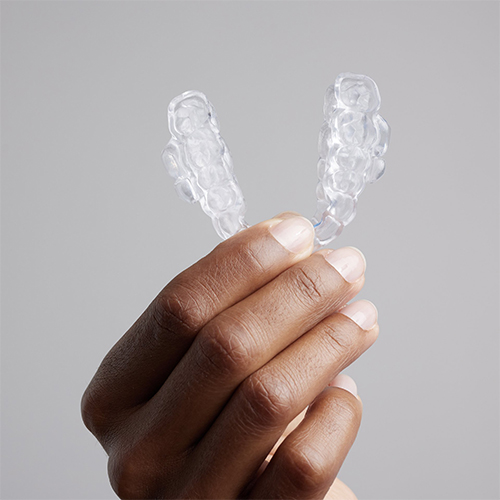 ProSomnus® Sleep and Snore Device
ProSomnus® Sleep and Snore Device
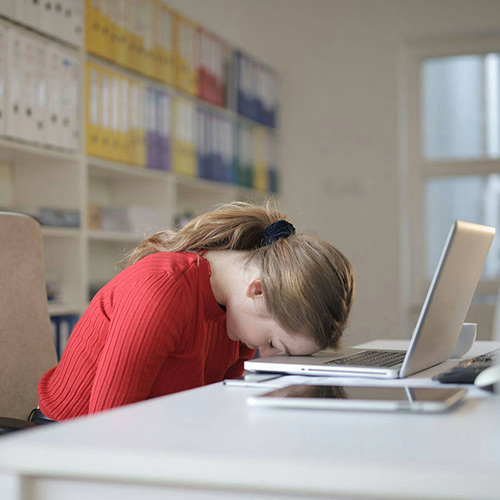
Identify symptoms of sleep apnea
What Are the Symptoms of Sleep Apnea?
Sleep apnea is a condition that can cause you to stop breathing while sleeping and can negatively impact your health. Common symptoms include snoring loudly, stopping breathing during sleep, waking up gasping or choking, insomnia, dry mouth, waking up with a headache, hypersomnia, trouble paying attention, and irritability.
Find out if you suffer from OSA
What Is Obstructive Sleep Apnea (OSA)?
There are three forms of sleep apnea: Obstructive sleep apnea (OSA), Central sleep apnea (CSA), and Complex sleep apnea. OSA is the most common form, caused by an obstruction in the airway which can lead to various health problems if left untreated, including fatigue, high blood pressure, heart problems, liver issues, and more.
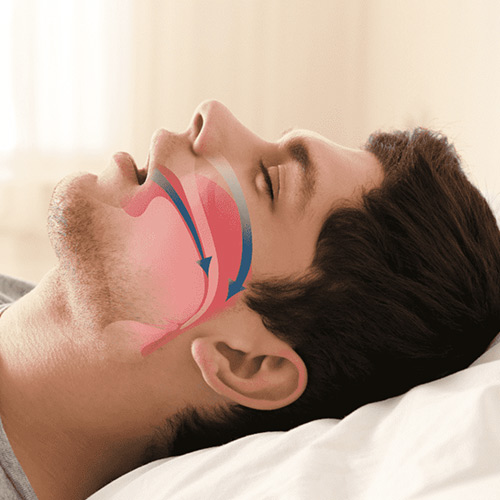
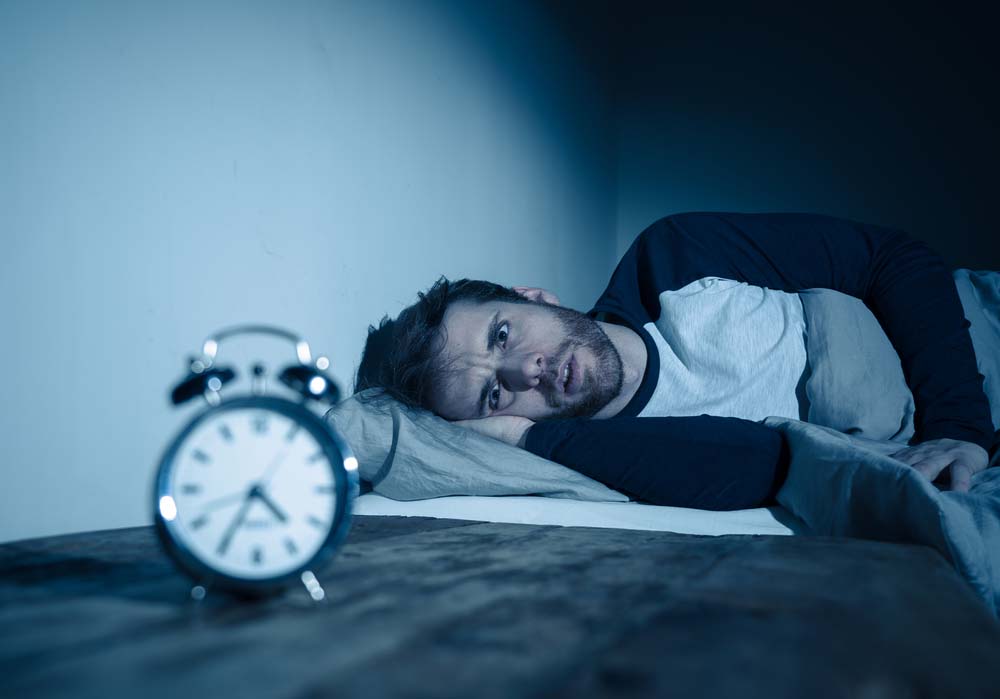
Unlock Better Sleep, Reclaim Your Life
OAT vs. Hypoglossal Nerve Stimulation
Hypoglossal nerve stimulation is a treatment for sleep apnea that involves a device inserted into the body that recognizes when breathing is obstructed during sleep. It synchronizes with breathing and when it senses an interruption, it sends an electrical shock through the hypoglossal nerve to force the tongue back into its normal position. By contrast, OAT is a simple oral appliance that just sits in the mouth to prevent the airways from closing in the first place.
Discover Relief for Fibromyalgia
Fibromyalgia and Sleep Apnea
While fibromyalgia and sleep apnea are two distinct health conditions, they do share some similarities when it comes to symptoms. Additionally, fibromyalgia can make it harder to sleep at night and may be mistaken for sleep apnea.
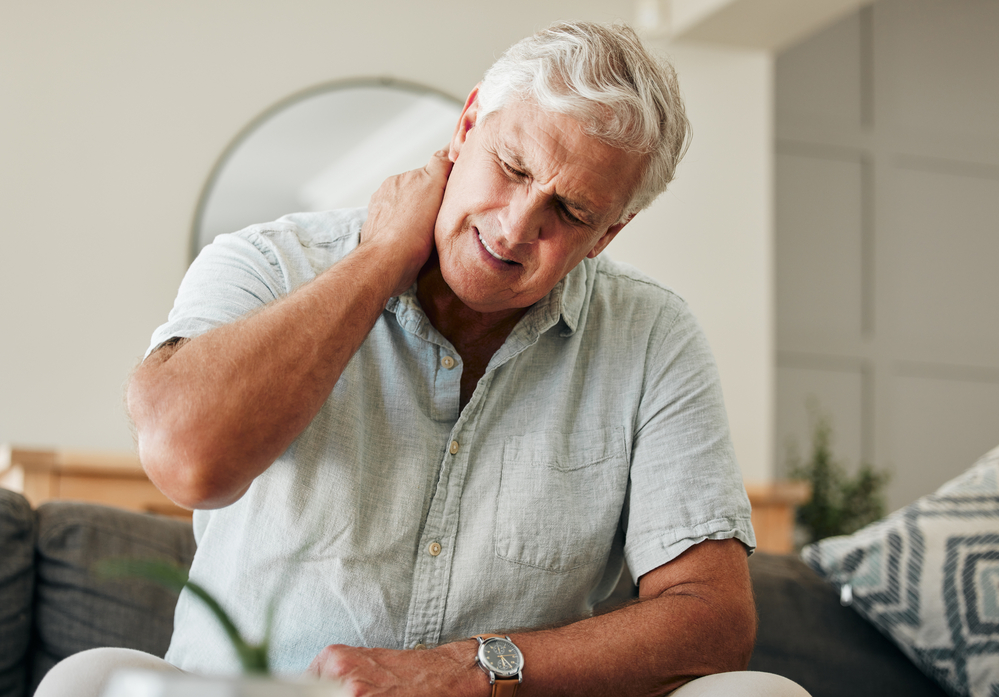
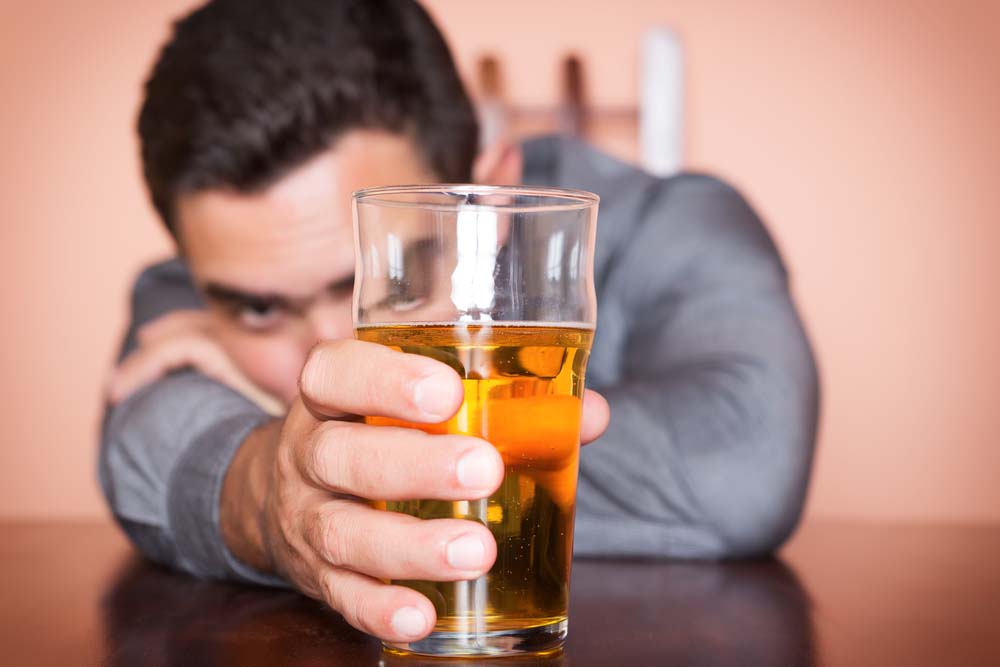
Boost Sleep Quality
Alcohol and Sleep Apnea
Drinking alcohol can have a negative impact on sleep even at the best of times. If you have sleep apnea, then alcohol can worsen your symptoms, increase snoring, and overall decrease the number of hours of sleep that you can get.
Explore Oral Appliances or ASV Treatment
OAT vs ASV (Adaptive Servo-Ventilation)
Oral appliance therapy is commonly used as a mild treatment for sleep apnea to improve facial tissue obstruction. It is best used for obstructive sleep apnea, as compared to ASV treatment which is frequently used for central sleep apnea. ASV, or adaptive servo-ventilation, is a machine used during the night to help with a patient’s breathing while they sleep. ASV machines adjust to an individual’s unique breathing patterns and alter the airflow accordingly when they detect changes in breathing.
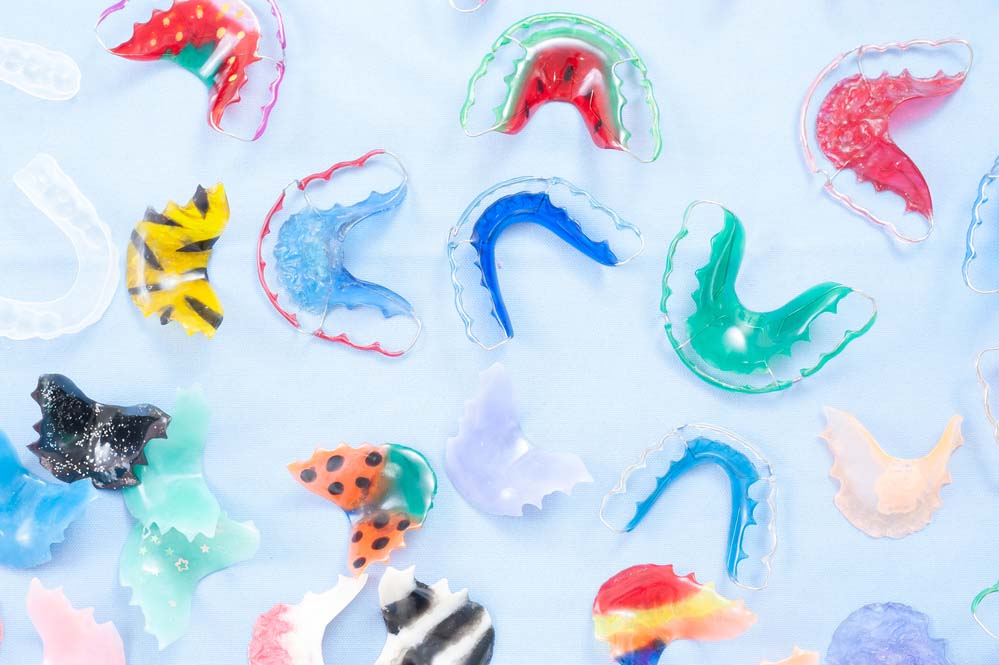
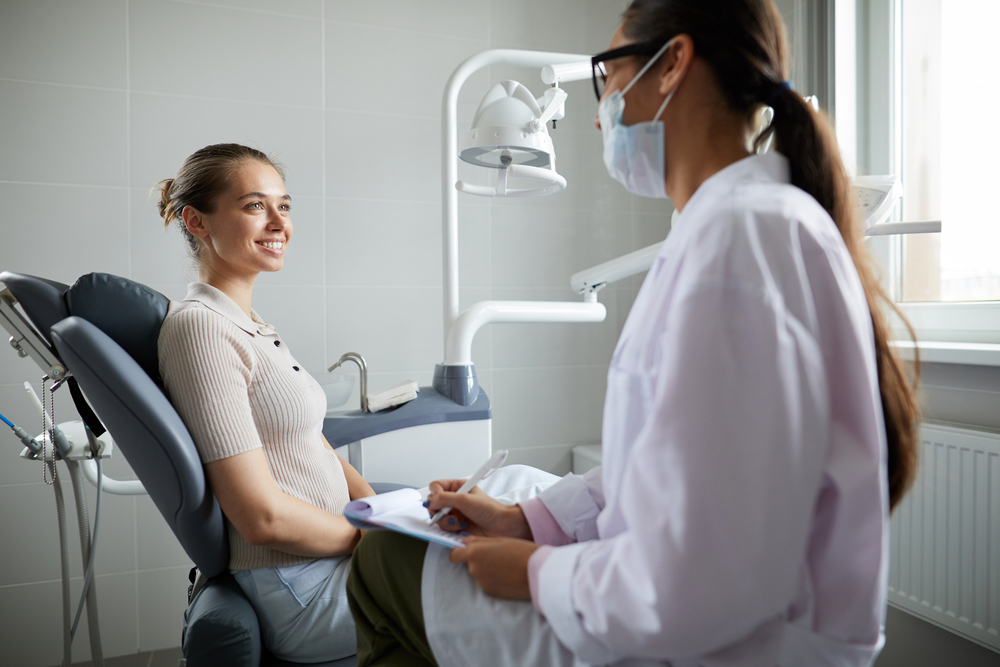
Dentists Detecting Sleep Apnea
Is Your Dentist Looking for These 5 Signs of Sleep Apnea?
Dentists play a vital role in identifying signs of sleep apnea during routine check-ups. Beyond oral health, dentists keenly observe indicators like teeth grinding, an elongated uvula, or enlarged tonsils. Recognizing these subtle signs allows for early detection, fostering collaboration with sleep specialists for timely intervention and improved overall health.
Sleep Apnea and Nocturia Link
Reasons for Nocturia (Frequent Nighttime Urination)
The connection between sleep apnea and nocturia lies in the disrupted sleep patterns caused by sleep apnea, which can contribute to increased nighttime urination. Sleep apnea leads to frequent awakenings during the night, disrupting the normal sleep cycle. These interruptions can trigger the release of hormones that affect urine production, potentially causing nocturia—the need to wake up and urinate multiple times during the night.
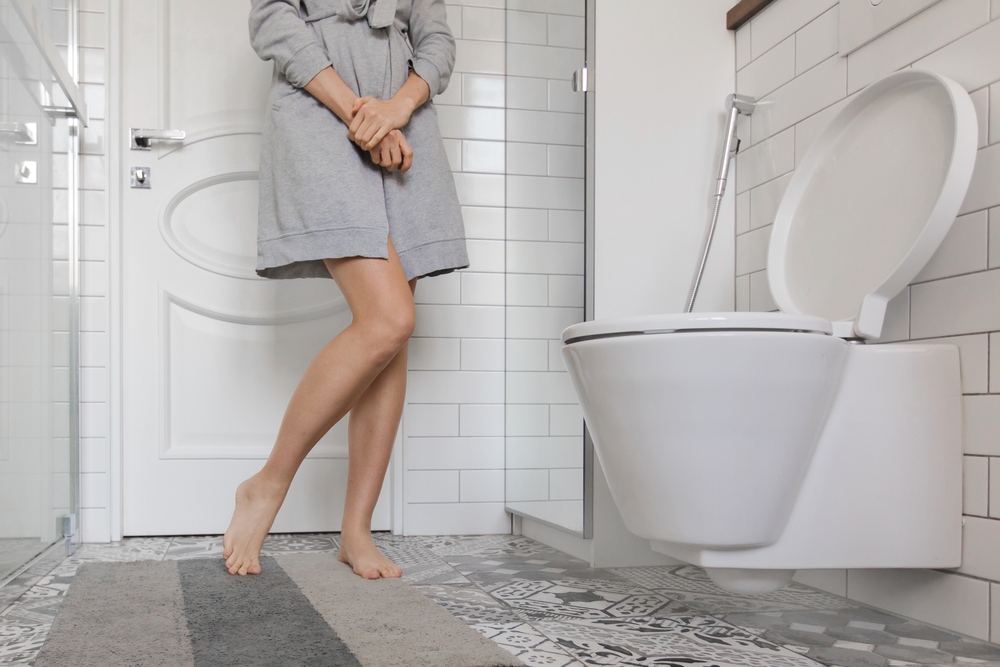
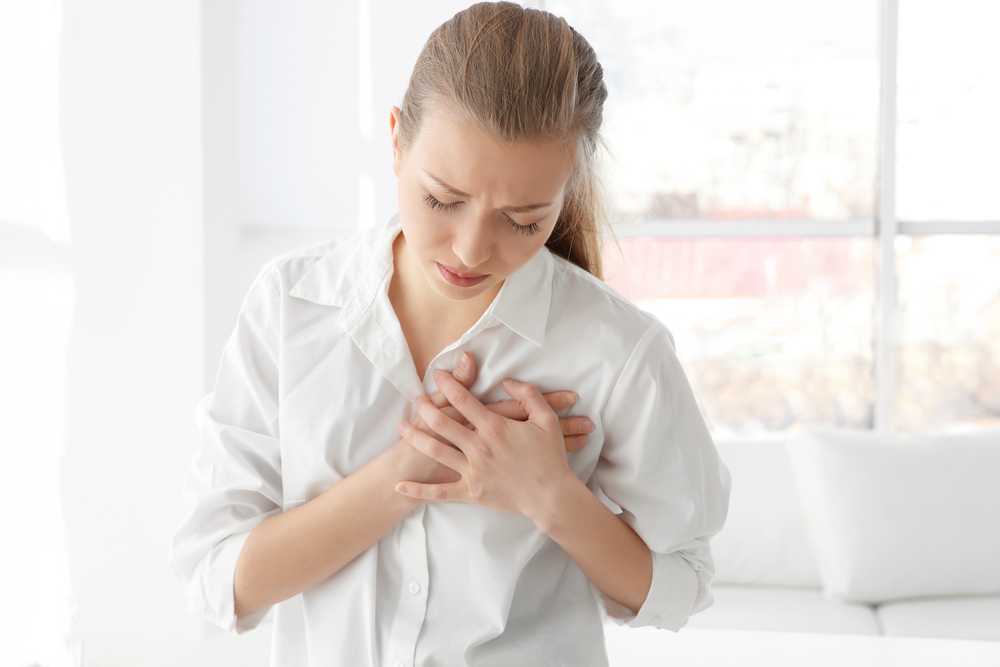
Sleep Apnea’s Heart Failure Risk
Can Sleep Apnea Lead to Heart Failure?
Sleep apnea, particularly obstructive sleep apnea (OSA), can lead to repeated episodes of interrupted breathing during sleep, causing oxygen levels to drop. This triggers physiological stress responses, straining the heart and contributing to the development or worsening of heart failure.
Menopause and Sleep Apnea Impact
How Does Menopause Affect Sleep Apnea?
Menopausal women may experience an increased risk of developing or worsening sleep apnea due to factors such as weight gain, changes in fat distribution, and alterations in upper airway muscle tone. These changes can contribute to airway obstruction during sleep, leading to disruptions in breathing patterns.
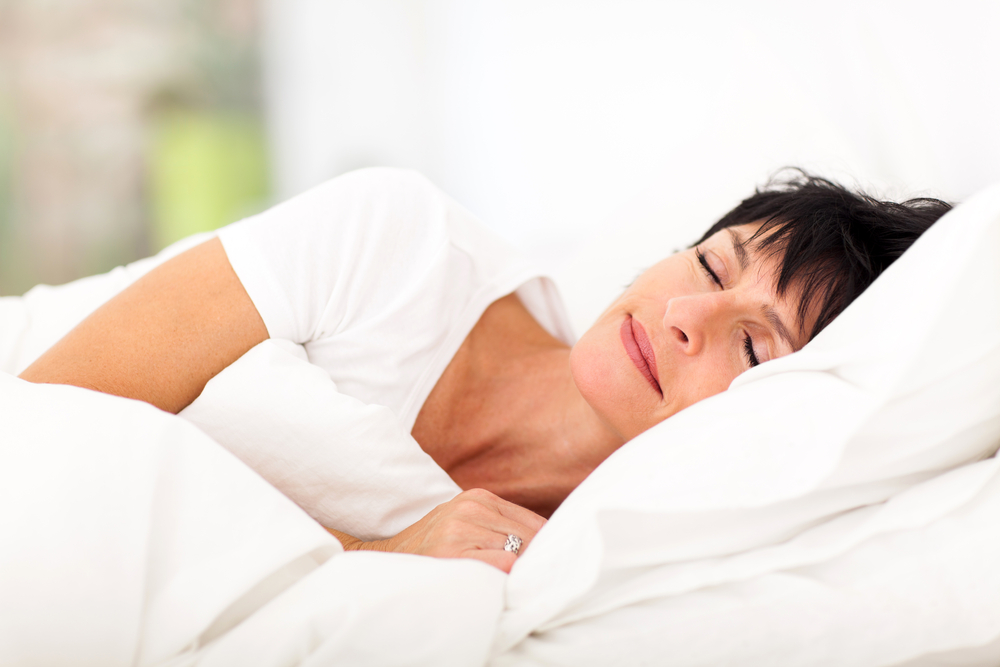

Seek Professional Advice
When You Should See a Doctor About Sleep Apnea
Sleep apnea can have many negative effects on your life, ranging from your health and quality of life to your relationships and ability to work or study. If you notice any of the symptoms of sleep apnea, it’s important to tell your doctor right away because early treatment can help to prevent these problems.
Sleep Apnea-Diabetes Link
How Does Sleep Apnea Affect Diabetes?
Sleep apnea and diabetes have a bidirectional relationship. Those with type 2 diabetes are more likely to develop sleep apnea, especially if overweight. Sleep apnea, in turn, can worsen diabetes control by disrupting sleep and increasing insulin resistance. This connection heightens the risk of complications related to both conditions, emphasizing the need for awareness and management of both sleep apnea and diabetes.
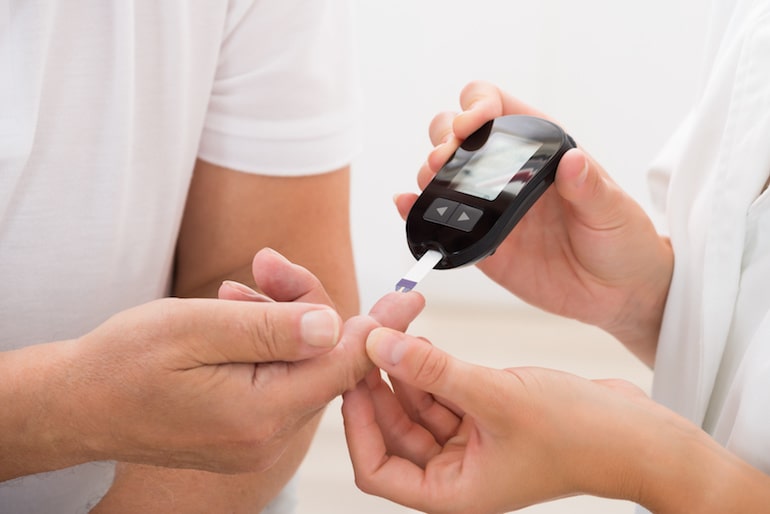
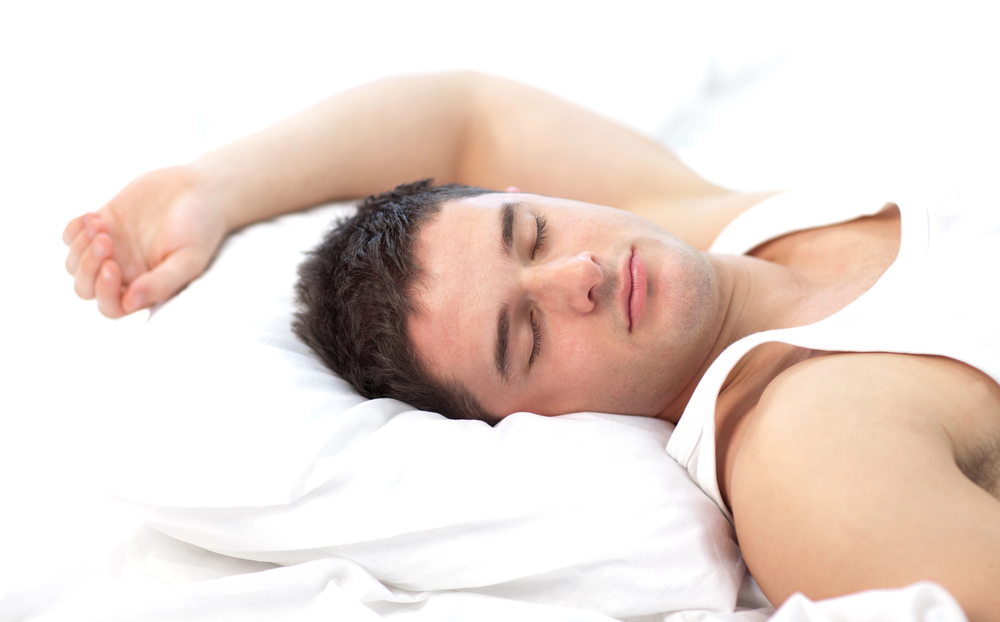
Sleep apnea and testosterone
How Does Low Testosterone Affect Sleep Apnea?
Sleep apnea, particularly obstructive sleep apnea (OSA), and low testosterone are interlinked conditions that can significantly impact men’s health. The disrupted sleep patterns and reduced oxygen levels associated with sleep apnea can lead to hormonal imbalances, including decreased testosterone production. This reduction in testosterone can exacerbate the severity of sleep apnea symptoms, creating a cyclical relationship between the two disorders.
ED and Sleep Apnea
How Does Erectile Dysfunction Affect Sleep Apnea?
Although the presence of sleep apnea doesn’t automatically indicate the presence of erectile dysfunction, these two conditions can be associated with each other. Sleep apnea and erectile dysfunction (ED) are correlated due to the potential of sleep apnea to disrupt sleep patterns and decrease oxygen levels in the blood, resulting in hormonal imbalances and vascular damage that hinder erectile function. Addressing sleep apnea frequently leads to an improvement in symptoms of ED.
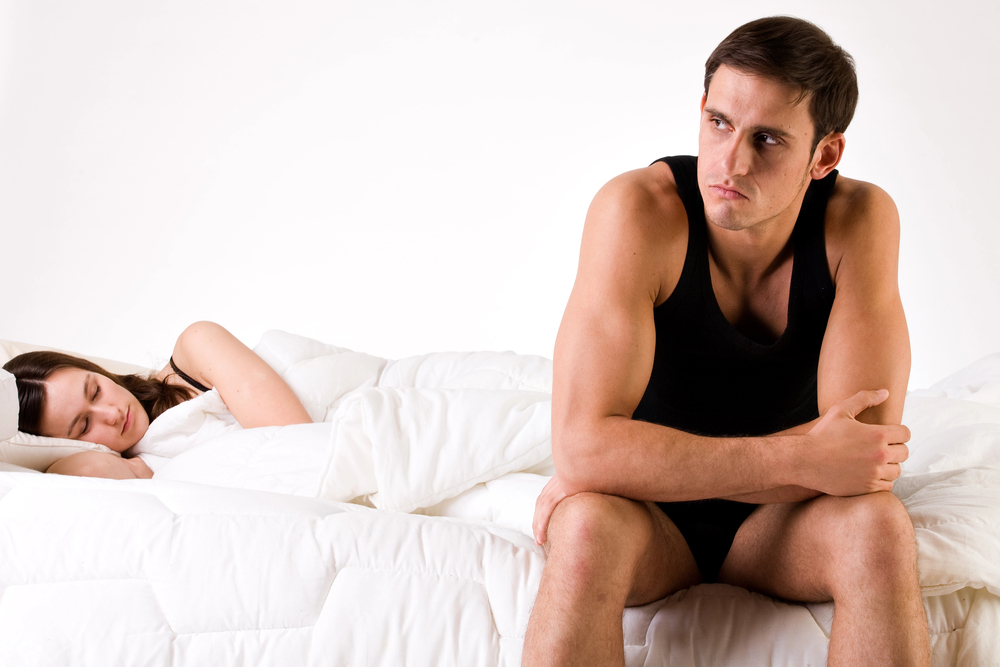

Urology and Sleep Apnea
How Do Urological Conditions Affect Sleep Apnea?
Urological conditions can disrupt sleep patterns and worsen sleep apnea by causing urinary symptoms like frequent nocturia and urgency. Medications for these conditions may also have side effects that impact sleep. Effectively managing urological issues through treatment, lifestyle changes, and stress management is essential for improving sleep apnea outcomes.
Contact us
Call us
Location
1700 Eagle Harbor Pkwy, Suite 7
Fleming Island, FL 32003
Hours
Monday 9am- 4pm
Tuesday 9am- 4pm
Wednesday 10am - 5pm
Thursday 9am- 4pm
Friday By Appointment
Saturday Closed
Sunday Closed